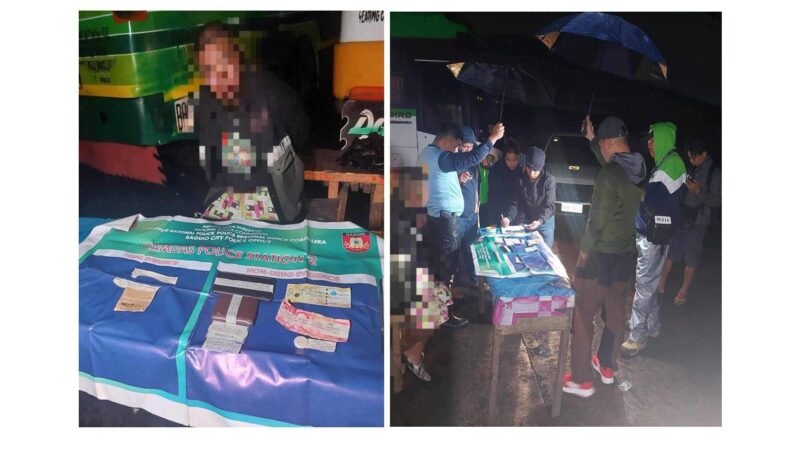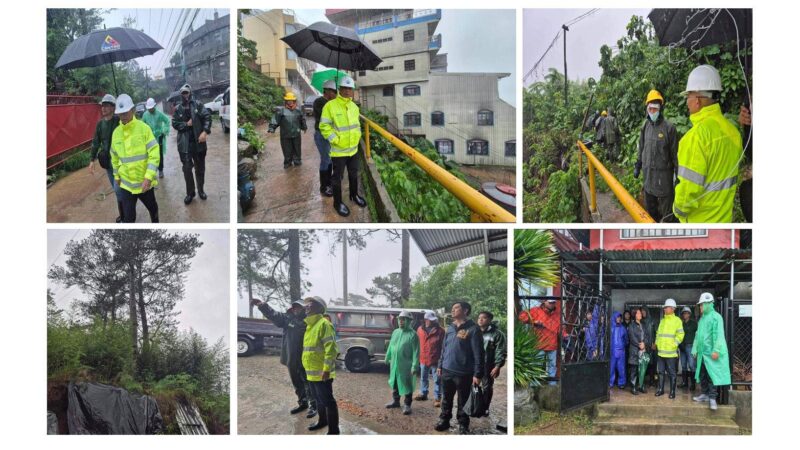Apostille services for DFA Baguio consular office sought

City officials requested the Department of Foreign Affairs (DFA) to authorize its Baguio consular office to render apostille services.
Under Resolution No. 299, series of 2022, local legislators stated that residents of the city and the Cordillera region come to DFA-Baguio consular office for passporting and other consular services.
Further, the DFA-Baguio consular office also caters to residents from neighboring municipalities outside the region and also of local government units, thus, the benefits and accessibility of having apostille services available at the said office provides convenience, less cost and time.
The Hague Apostille or popularly known as the Hague Convention abolishing the requirement of legalization for foreign public documents was held on October 5, 1961. It was an international treaty drafted by the Hague Conference on private international law.
The council noted that an apostille is a certificate that authenticates the origin of a public document. It is issued by a country that is a party to the Apostille Convention to be used in another country which is also a party to the same. It is being issued by the authenticating units of the DFA Office of Consular Affairs.
The council asserted that an apostille signifies the legitimacy and authenticity of the document.
According to the resolution, the Philippines became a party to the Apostille Convention on May 14, 2019, thus, DFA no longer issues authentication certificates or the famous red ribbon but instead affixes an apostille to documents executed in the country for use abroad when presented to an Apostille Convention member country.
The council emphasized that a public document executed in apostille contracting parties and territories which is to be used in the country no longer has to be authenticated by the Philippine Embassy or Consulate-General once it is apostilled.
However, if the country of destination of the document is not an apostille contracting party, documents still have to be authenticated by the concerned foreign embassy or Consulate-General.
The body argued that apostilles are strictly for the use of public documents overseas.
At present, the DFA main consular office at ASEANA and its consular office in various locations accept applications for apostilles or authentication by appointment only, oftentimes, the slots are all taken. – Dexter A. See







